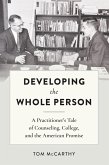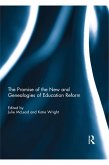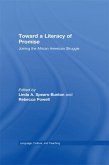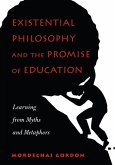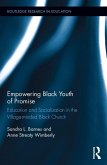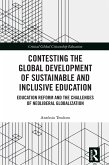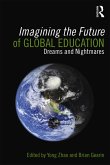This book is available as open access through the Bloomsbury Open Access programme and is available on www.bloomsburycollections.com.
Through the language of global learning, education is being reformed by corporations, political activists, and policy makers. Academic subject-based knowledge has been cast as elitist and outdated for a rapidly-changing world. The curriculum has been colonized in the name of teaching skills and attitudes for the global market and global citizenship. Can young people effectively contribute to society without an education in academic knowledge?
Alex Standish argues that we can only educate children about the world if we are clear about the boundaries that provide education with its moral worth. These include the boundaries between: education and political activity, public and private realms, education and training, theoretical and everyday knowledge, communities, and subject disciplines. The False Promise of Global Learning demonstrates that the nature and purpose of education has become confused with social, economic, political, and therapeutic aims, and that control over the curriculum has been taken away from teachers and communities. This is a hard-hitting work that will resonate with all who have a stake in how - and why - we educate our children.
Through the language of global learning, education is being reformed by corporations, political activists, and policy makers. Academic subject-based knowledge has been cast as elitist and outdated for a rapidly-changing world. The curriculum has been colonized in the name of teaching skills and attitudes for the global market and global citizenship. Can young people effectively contribute to society without an education in academic knowledge?
Alex Standish argues that we can only educate children about the world if we are clear about the boundaries that provide education with its moral worth. These include the boundaries between: education and political activity, public and private realms, education and training, theoretical and everyday knowledge, communities, and subject disciplines. The False Promise of Global Learning demonstrates that the nature and purpose of education has become confused with social, economic, political, and therapeutic aims, and that control over the curriculum has been taken away from teachers and communities. This is a hard-hitting work that will resonate with all who have a stake in how - and why - we educate our children.



